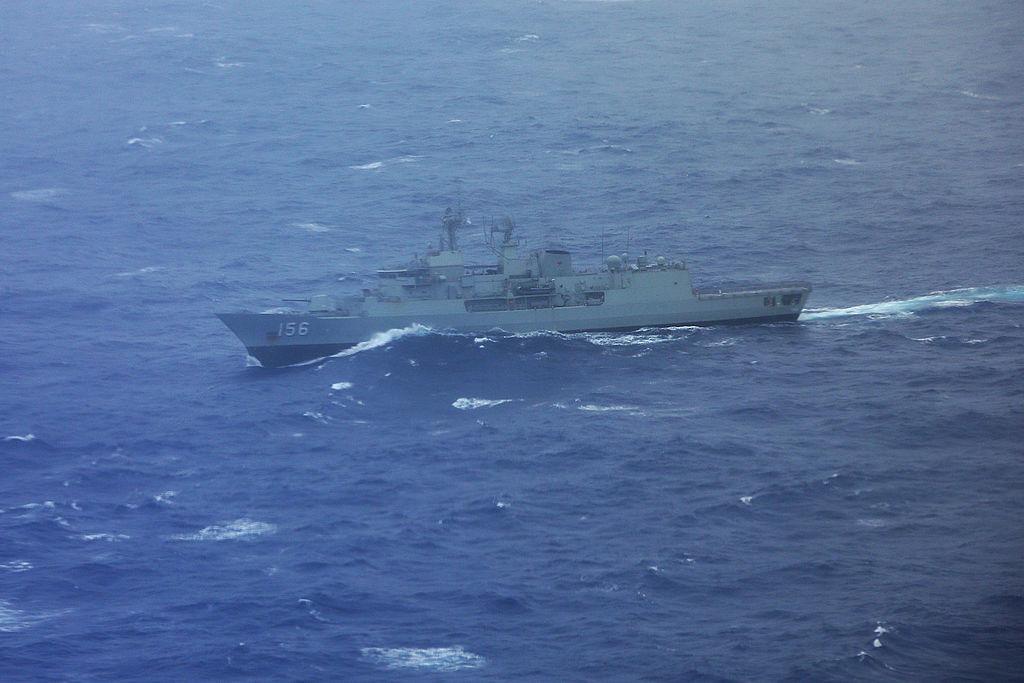Australia’s Foreign Minister Penny Wong has reiterated the government’s concern after a Chinese warship used a sonar device near an Australian navy vessel injuring personnel.
On Nov. 14, a Chinese destroyer approached an area where the Australian Navy’s HMAS Toowoomba was conducting a mission in international waters inside Japan’s exclusive economic zone.




